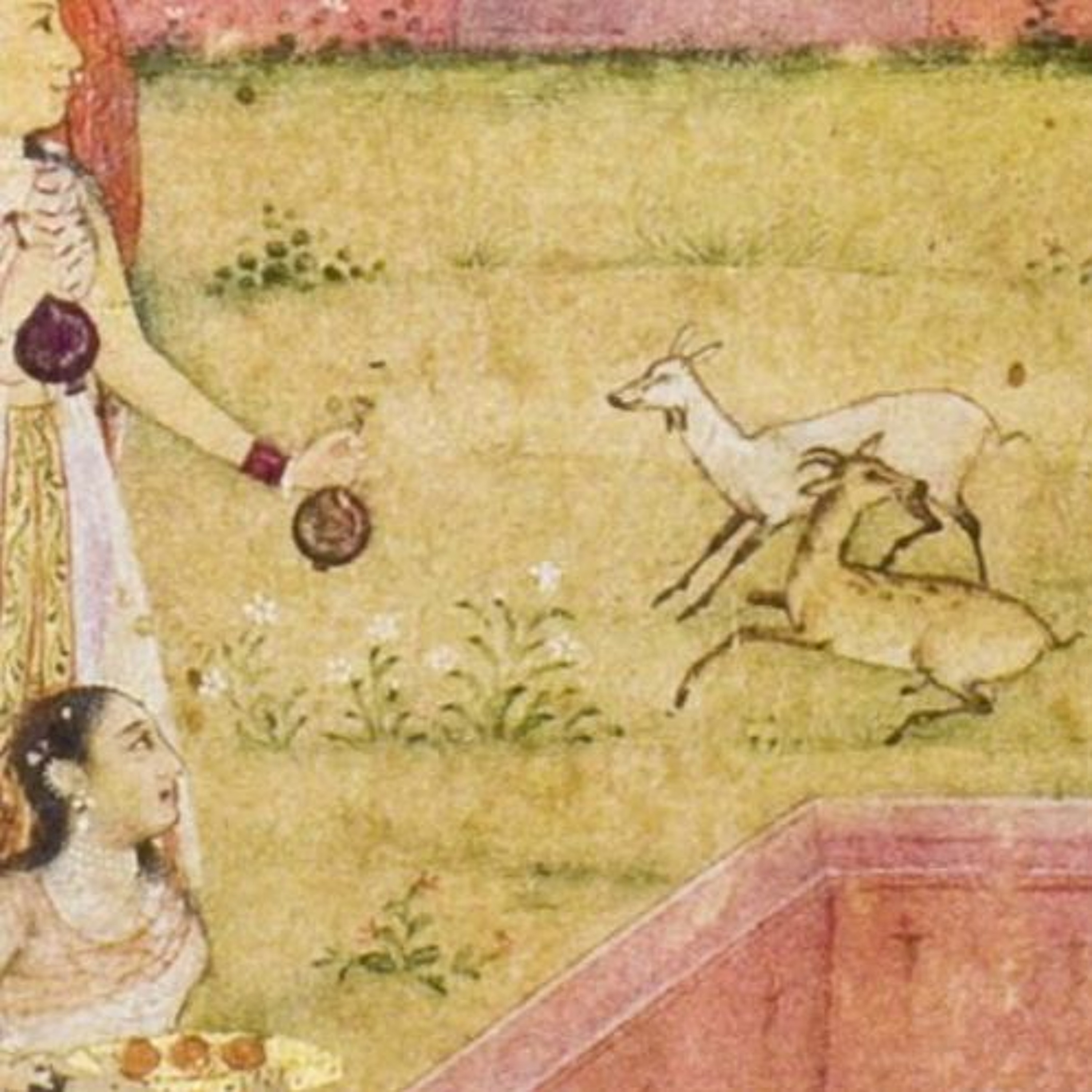
Medicine Along the Musk Route | Ronit Yoeli-Tlalim
 2017-11-03
2017-11-03
Download
Right click and do "save link as"
E336 | How did people in Tibet view the Islamic World, and vice versa? How did a figure like Galen travel from Ancient Greece, through the Islamic World, and end up as a founding father in Tibetan medical history? In this episode, we speak to Ronit Yoeli-Tlalim about the exchange of knowledge, and especially medicine, between these regions. We discuss objects like musk, which originated in Tibet but played a huge role in the Muslim world, and scholars like Rashid al-Din al-Tabib, who wrote about Buddhism and Chinese medicine from Il-Khanid Iran. The silk road is often thought of as a trade route connecting China and Greece, but Ronit uses a new framework, the "Musk Route," for looking at the transmission of knowledge between Tibet and the Islamic world. She also describes the role of some important archives in shaping our understandings of these connections, like Dunhuang and the Cairo Geniza.
More at http://www.ottomanhistorypodcast.com/2017/11/ronit-yoeli-tlalim.html
Ronit Yoeli-Tlalim is a Senior Lecturer in the History Department at Goldsmiths, University of London. Her research deals with the transmission of medical ideas along the so-called ‘Silk-Roads.’
Taylor M. Moore is a PhD Candidate in Modern Middle Eastern History at Rutgers University, New Brunswick. She is interested in the interconnected histories of medicine, magic, and ethnographic museums in late nineteenth and early twentieth century Egypt.
Shireen Hamza is a PhD student in the History of Science department at Harvard University. Her research focuses broadly on the history of science and medicine in the Islamicate Middle Ages, especially in the Indian Ocean World.
Episode No. 336
Release Date: 3 November 2017
Recording Location: International Congress of Traditional Asian Medicines, Kiel, Germany
Audio editing by Shireen Hamza
Music: "Eeyori jon" and "Tchaman" by Hadar Maoz
Bibliography courtesy of Ronit Yoeli-Tlalim available at http://www.ottomanhistorypodcast.com/2017/11/ronit-yoeli-tlalim.html
view more
More Episodes
Yemeğin Politik Tarihi | Burak Onaran
 2016-03-27
2016-03-27
 2016-03-27
2016-03-27
Ottoman Iceland | Alan Mikhail
 2016-02-29
2016-02-29
 2016-02-29
2016-02-29
Mapping the Ottomans | Palmira Brummett
 2016-01-24
2016-01-24
 2016-01-24
2016-01-24
Russian Hajj | Eileen Kane
 2016-01-08
2016-01-08
 2016-01-08
2016-01-08
In Memoriam Vangelis Kechriotis
 2015-12-31
2015-12-31
 2015-12-31
2015-12-31
012345678910111213141516171819
Create your
podcast in
minutes
- Full-featured podcast site
- Unlimited storage and bandwidth
- Comprehensive podcast stats
- Distribute to Apple Podcasts, Spotify, and more
- Make money with your podcast
It is Free
- Privacy Policy
- Cookie Policy
- Terms of Use
- Consent Preferences
- Copyright © 2015-2024 Podbean.com



